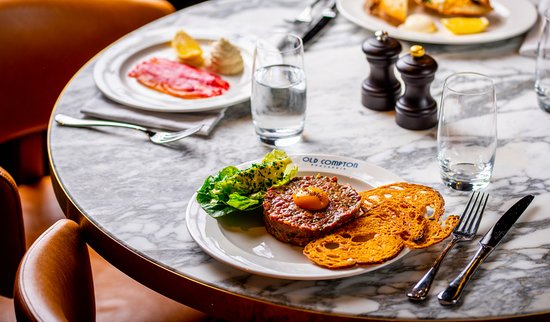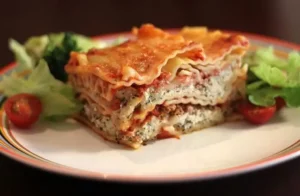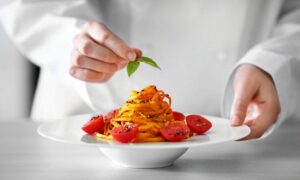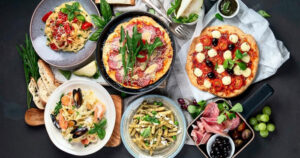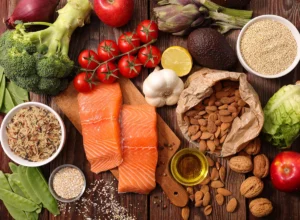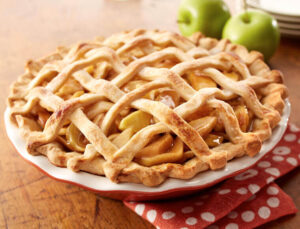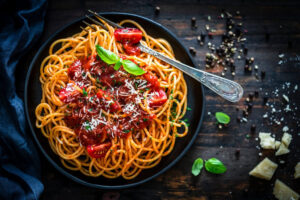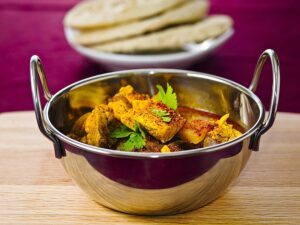After the stilted era of war-time food rationing it took some time for the British to overcome their fame for food and regain pride in their classic gastronomic bases. Elizabeth David was the forerunner of a new interest in great food, but she mostly paid attention to the country cooking of Europe for her inspiration. The decades of Sixties and Seventies were marked by an interest in the cuisines of other countries, ethnic eateries and bistros abounded. The Eighties was considered as an era of nouvelle cuisine, again paying attention to France for guidance. There were by the time chefs starting to explore the classic British food at that time, but the hearty dishes of old England didn’t sit well with the finicky presentation of nouvelle cuisine. When people tired at last of miniscule mouthfuls of artfully presented food, modern British cuisine finally started to justify itself as a force in the restaurant scene. It was noticeable.
In fact, Modern British cuisine is not so much a renovation of old dishes, but a re-interpretation, somehow with an element of fusion, taking the best of classic stews, roasts, pies and puddings and re-inventing them. Succulent lamb shanks, juicy beef roasts, savory pies celebrate the hearty dishes of yesteryear, but bring them into the new millennium with an imaginative twist. A new flavor or herb, an imaginative accompaniment, weird vegetables, all bring new interest to dishes that had been destroyed for many of us by the old institution of school dinners. Steak and kidney pie, bubble and squeak, Lancashire hotpot, steamed puddings and their ilk have been saved from the dreary catering trays of school kitchens and dedicated new life with skillful cooking and interpretation.
The power of British cuisine has always been in its fine elements: wonderful beef and lamb, excellent pork sausages and pies and a great variation of fish from the seas surrounding the island. The organic food movement and a coming back to slow food with its emphasis on humanely reared, quality meat, also went hand in hand with the achievement of modern British cuisine. The naive unfussy cooking of many dishes needs the ingredients be as fresh and tasty as they can be. There are few sauces to disguise indifferent meat and a more informed public knows that locally sourced, organically produced food tastes much better. Most restaurants that produce modern British cuisine will pride themselves on sourcing ingredients locally and cooking seasonally.
The label modern British doesn’t come to all chefs some of whom feel it restricts them, when all they want to do is making use of the best of all ingredients and take inspiration from other cuisines, whenever it feels right. When you get down to it though, modern British, really just inspires an emphasis on good, locally sourced ingredients, making use of regional specialties and using classic British dishes as a starting point for a new gastronomic adventure. It means that we can by the end take pride in our gastronomic heritage once more.
